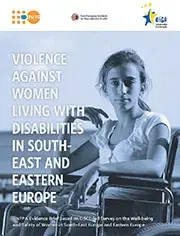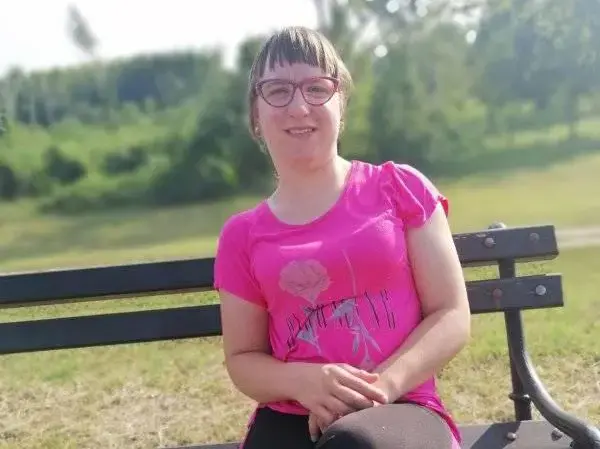Prepared by UNFPA’s Eastern Europe and Central Asia Regional Office, this evidence brief aims to provide information on the prevalence, causes and consequences of violence against women with disabilities, and on the access to services of women with disabilities who have been experiencing different forms of partner and non-partner gender-based violence. The brief is based on data from an OSCE-led Survey on the Well-being and Safety of Women in South-East Europe and Eastern Europe which provided valuable evidence, rationale and validation of worldwide findings on the greater exposure of women and girls with disabilities to gender-based violence. At the same time, it provides regionally specific guidelines for policies on how to achieve more effective response to and prevention of violence against women and girls living with disabilities in order to fulfil the principle of leaving no one behind.
The significantly higher exposure of women and girls with disabilities (in comparison to women without disabilities) to gender-based violence and the need for their better protection is recognized in key international documents. But lack of data on the exposure of women and girls with disabilities to gender-based violence, particularly data on prevalence and access to protection services, is one of the key challenges in providing better response to violence against women and girls with disabilities. The particular value of the OSCE-led survey lies in the fact that the data can be used for secondary analysis that may provide insights into the prevalence, causes and consequences of different forms of violence against women and girls living with disabilities as well as their reporting habits and access to protection services. This brief presents the results of this secondary analysis.



